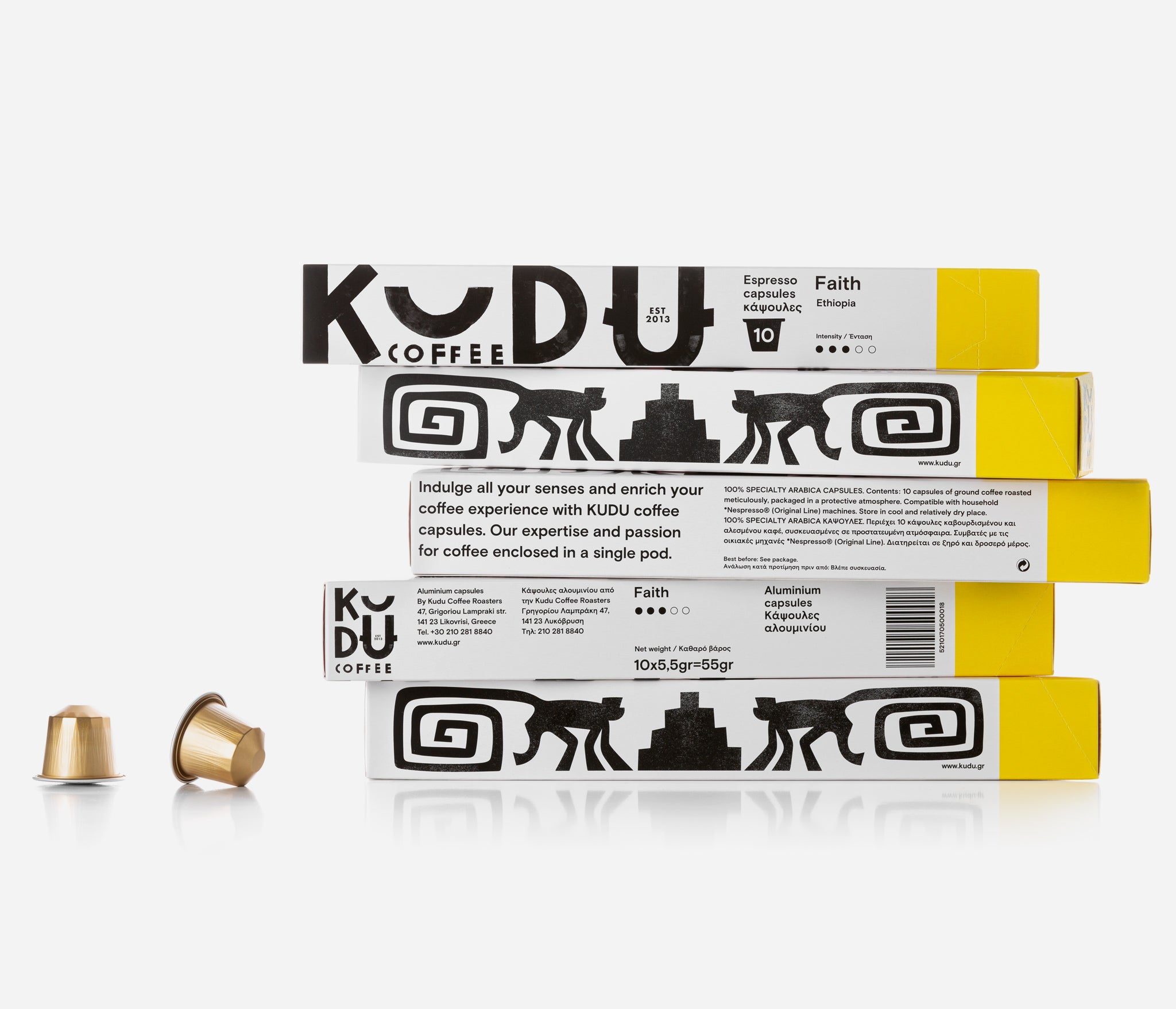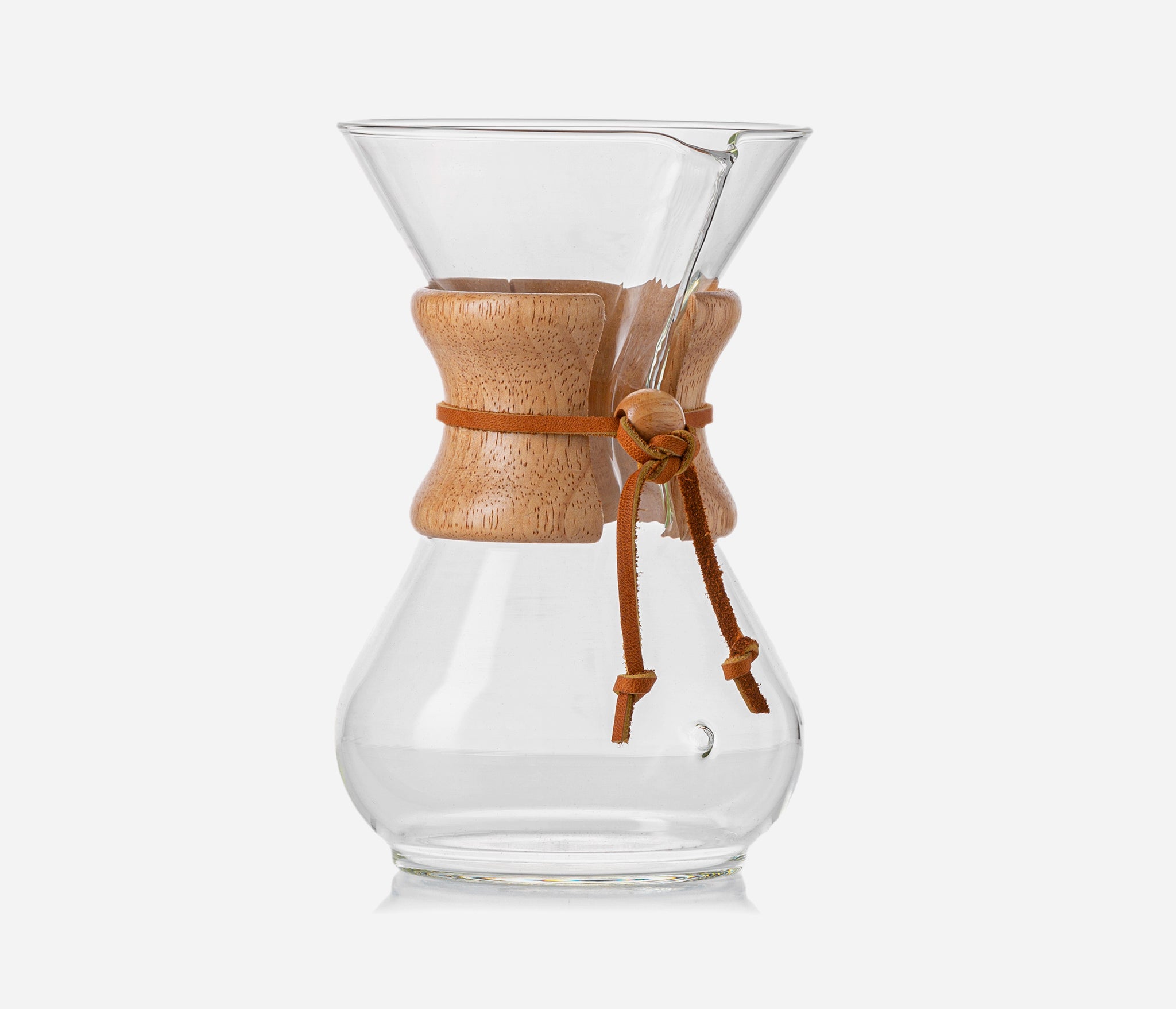Ethiopia West Archi Nensebo Gr1 (250g)
Aroma of jasmine and citrus blossom. Flavors of orange, green apple, and apricot, perfectly balanced by its creamy mouthfeel. The finish lingers with honeyed sweetness and a floral touch, making every sip an elegant experience.
FARM: West Archi
The Washed process used for this lot is meticulous. After harvesting, only the ripest cherries are selected and pulped. The beans are then fermented for 36–48 hours, allowing the mucilage to break down. Once clean, the beans are washed and carefully dried on raised beds for 10–12 days. This process accentuates the coffee's bright, citrusy notes and preserves its clean, crisp characteristics.
This coffee comes from the West Archi washing station, where farmers from nearby villages deliver their cherries. The station's dedication to quality ensures that every step of the process—from harvesting to drying—brings out the coffee’s finest qualities.



Ethiopia West Archi Nensebo Gr1 arrived to our roastery via EL CAFÉ, a company established in 2000 by Vasileios G. Anastasopoulos that is solely concerned in the coffee producing countries with discovering new coffee varieties on special farms.
Since then they supplie most of the largest coffee producing companies in Greece, by remaining as a dedicated green coffee import and trading company.
About Nensebo Gr1
PRODUCER:Smallholder farmers
TERROIR:West Archi, Nensebo, Sidama
ALTITUDE:2.000 m
PROCESS:Washed
ARRIVED IN:60 kg bags
VARIETIES:JARC Ethiopian varieties
AROMA:Jasmine, citrus blossom
FLAVOR:Orange, green apple, apricot
BODY:Creamy mouthfeel
FINISH:Honey, floral
This coffee undergoes a traditional washed process that highlights its clean and bright flavors. Once the cherries are harvested, they are sorted to remove any under- or overripe fruit. The cherries are then pulped, and the beans are left to ferment in water tanks for 36–48 hours. This step allows the mucilage to dissolve naturally, enhancing the coffee's clarity and crispness.
After fermentation, the beans are washed thoroughly in clean water to remove any remaining mucilage. They are then spread out on raised drying beds, where they are dried under the sun for 10–12 days. During this time, workers turn the beans regularly to ensure uniform drying. The result is a coffee that is vibrant, clean, and full of life, embodying the best of Ethiopian coffee craftsmanship.



